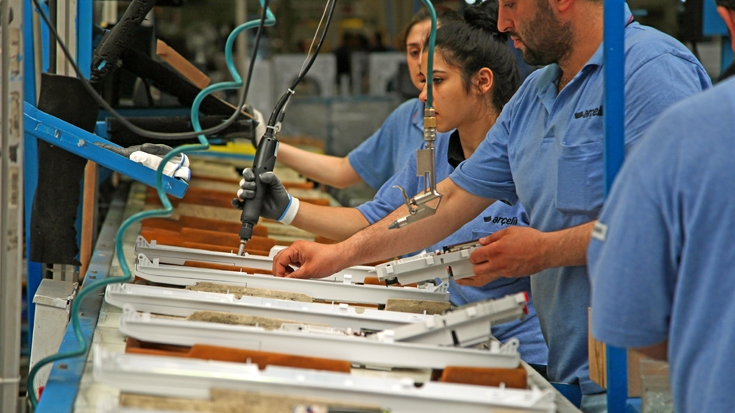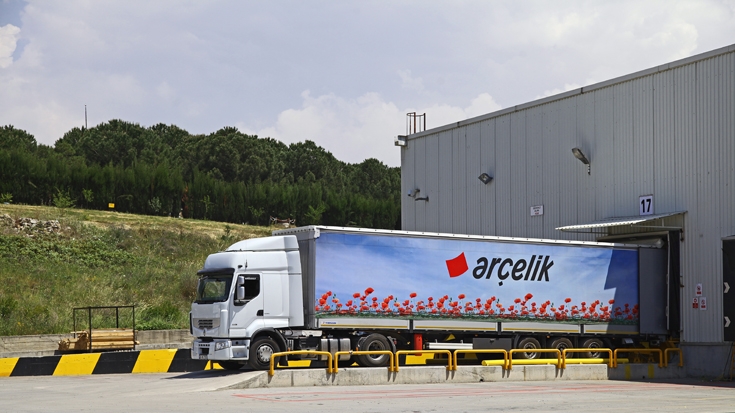The CEM shows that Turkey has already increased its export competitiveness, thanks to a shift in the export basket towards medium-tech and more sophisticated products, accompanied by higher export quality.
“At the end of the assembly lines we have quality controls. A hundred percent of our washing machines are tested by automatic control units,” explains Rasim Hasmet Cizmeci, production manager at Arcelik’s Istanbul plant.
The CEM advises that, in order to benefit from shifts in global demand and better confront growing competition from other low-cost producers, Turkey needs to move up on global value chains. It can do so by attracting more pre-production design and R&D, for example, as well as through more post-production marketing and specialized logistic activities.
This will require a multi-faceted approach that targets increased productivity. The CEM makes several recommendations on how to do so, including focusing policy on attracting more FDI, promoting innovation (in part by increasing business research and development investment), and improving links between research and business applications.
In conclusion, the World Bank’s CEM for Turkey recommends upgrading the skills of Turkey’s existing work force and of new work force entrants, and improving access to long-term financing with a view towards unlocking the potential of the country’s Small and Medium Enterprises.

